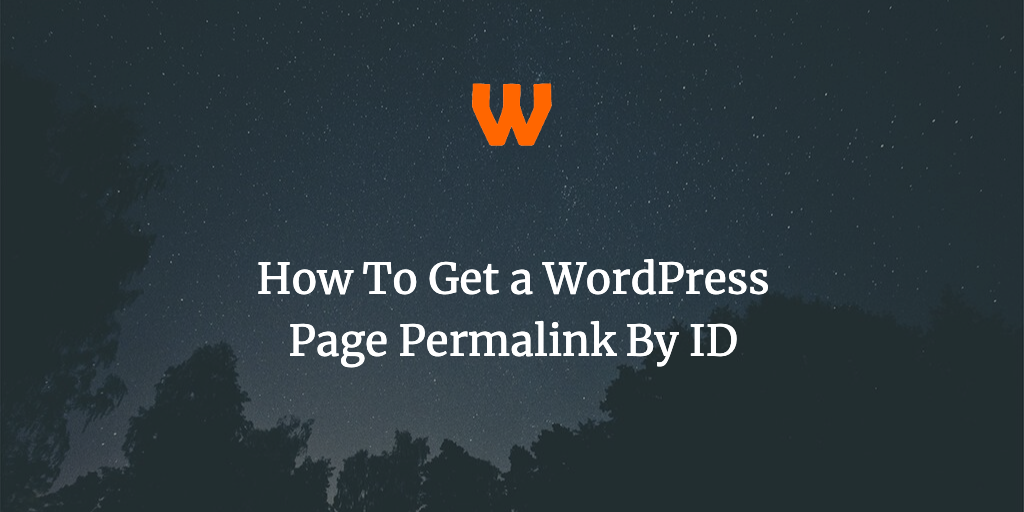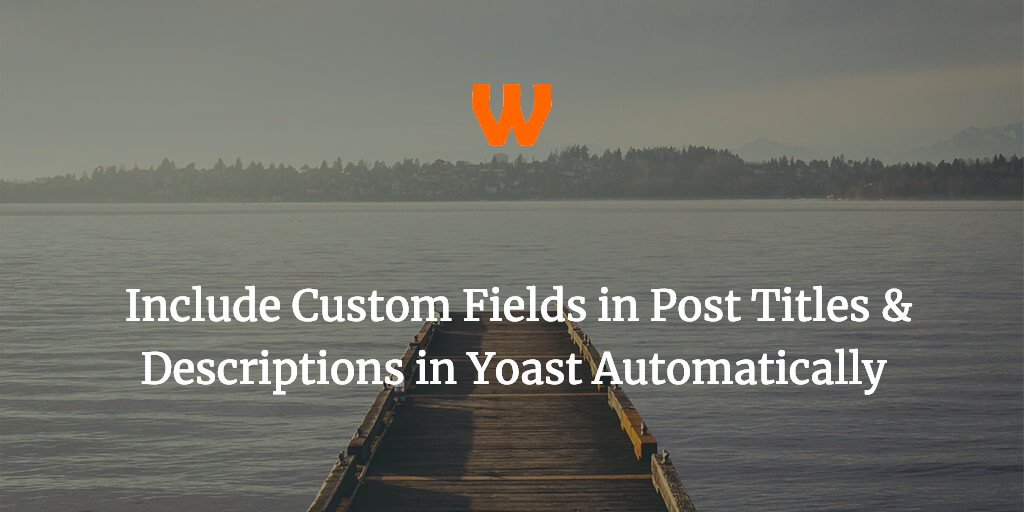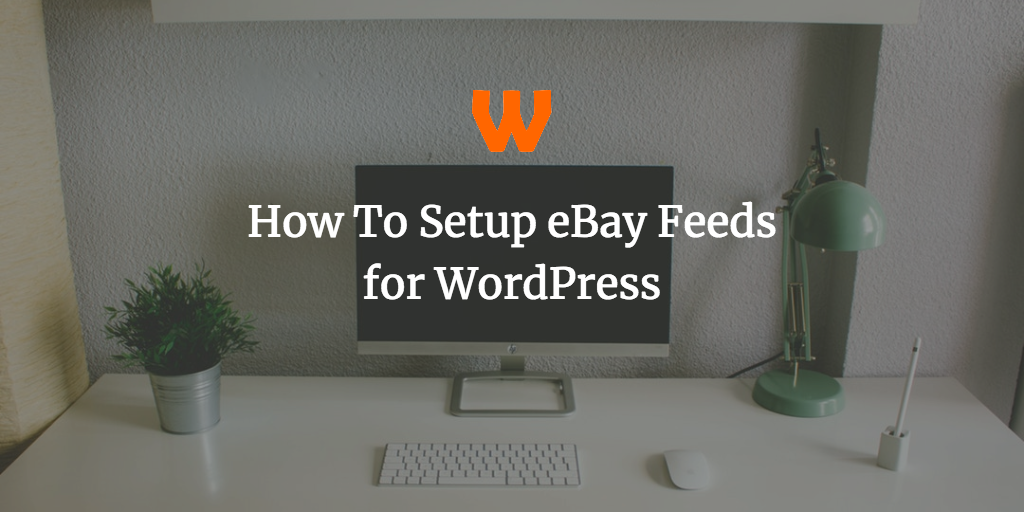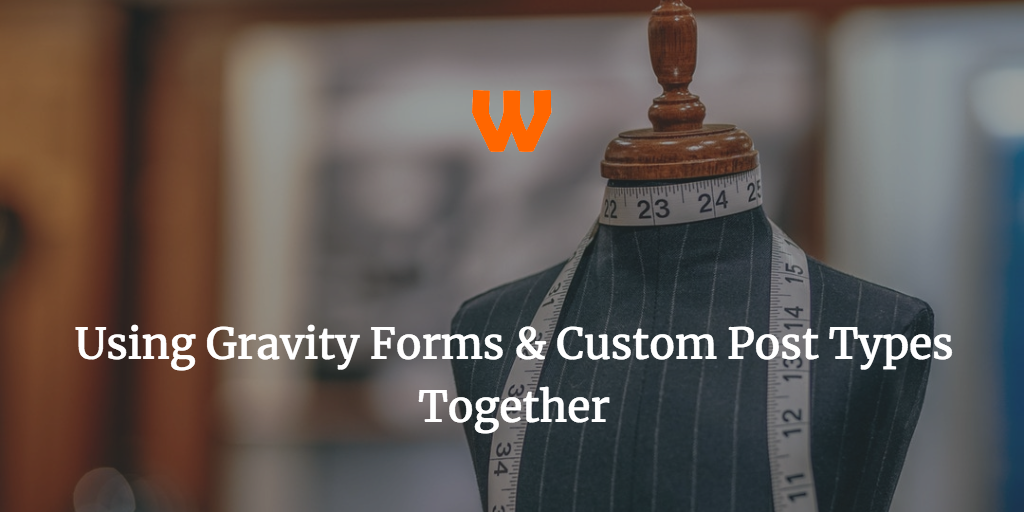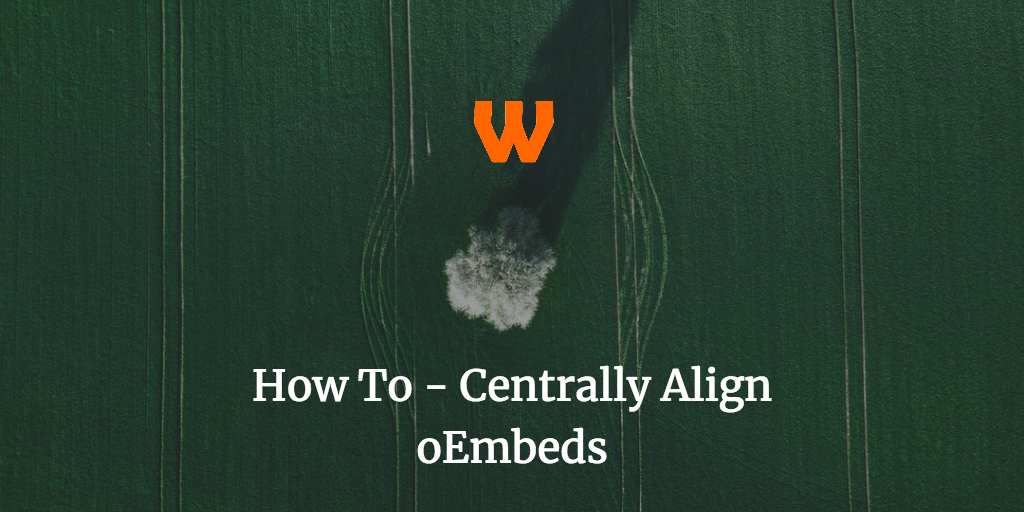Google Fonts, since being released a few years ago, has been a web developer’s dream. Instead of relying on a small number of fonts or an expensive system to manage custom fonts, you can instead use Google Fonts to put some fonts on your site. With recent editions of a recognition of the font-display: swap;…


